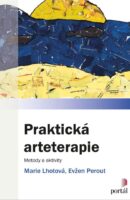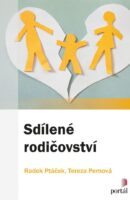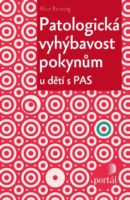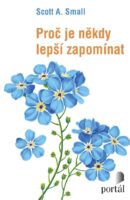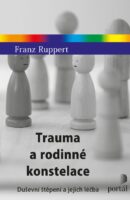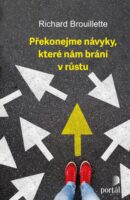Jitka Nelb Sinecká
Medailon autorů:
Mgr. et Mgr. Jitka Nelb Sinecká, Ph.D. received her Ph.D. in Disability Studies from Syracuse University, NY in 2009. She previously completed two Master’s programs as well – one in Anthropology and the other in Social and Public Policy at Charles University in Prague. Her work experiences include positions in nonprofit organisations for the blind, for the deaf, in the Mental Disability Advocacy Center in Budapest or in Rehabilitation International. Jitka Nelb Sinecká has been teaching online university courses on deafness, autism, disability and popular culture, or disability advocacy. She has lectured at Charles University, at the University of J. E. Purkyně in Ústí nad Labem, Syracuse University, City University of New York and Bochum University in Germany. Her interest in disability comes from her own family – she has deaf grandparents. In Syracuse, Jitka also learned facilitated communication, an alternative way of pointing and typing used with nonverbal people with autism. She has worked with many families and as a volunteer-teacher in a special school for children with various disabilities, including autism.
Anotace:
This article offers the story of a person labelled with developmental disabilities and of his caregivers. Scott is a 43-year old man who lives in a group home with four other housemates and permanent staff support and supervision. The study describes how Scott examines his agency, including matters of choice, control, independence and interdependence, surrounded by social structures. The article demonstrates how his agency is constructed and constrained in daily life and interactions with his family members, housemates, administrators, staff members, or other people important to him. The analysis drives on various understandings of agency and social structures and implies Bourdieu’s and Giddens’ theory of structuration. It also finds parallels to Goffman and his depiction of total institutions more than 50 years ago.
Klíčová slova:
zdravotního postižení, instituce, komunismus, agenda, organizace
s. 24–36

